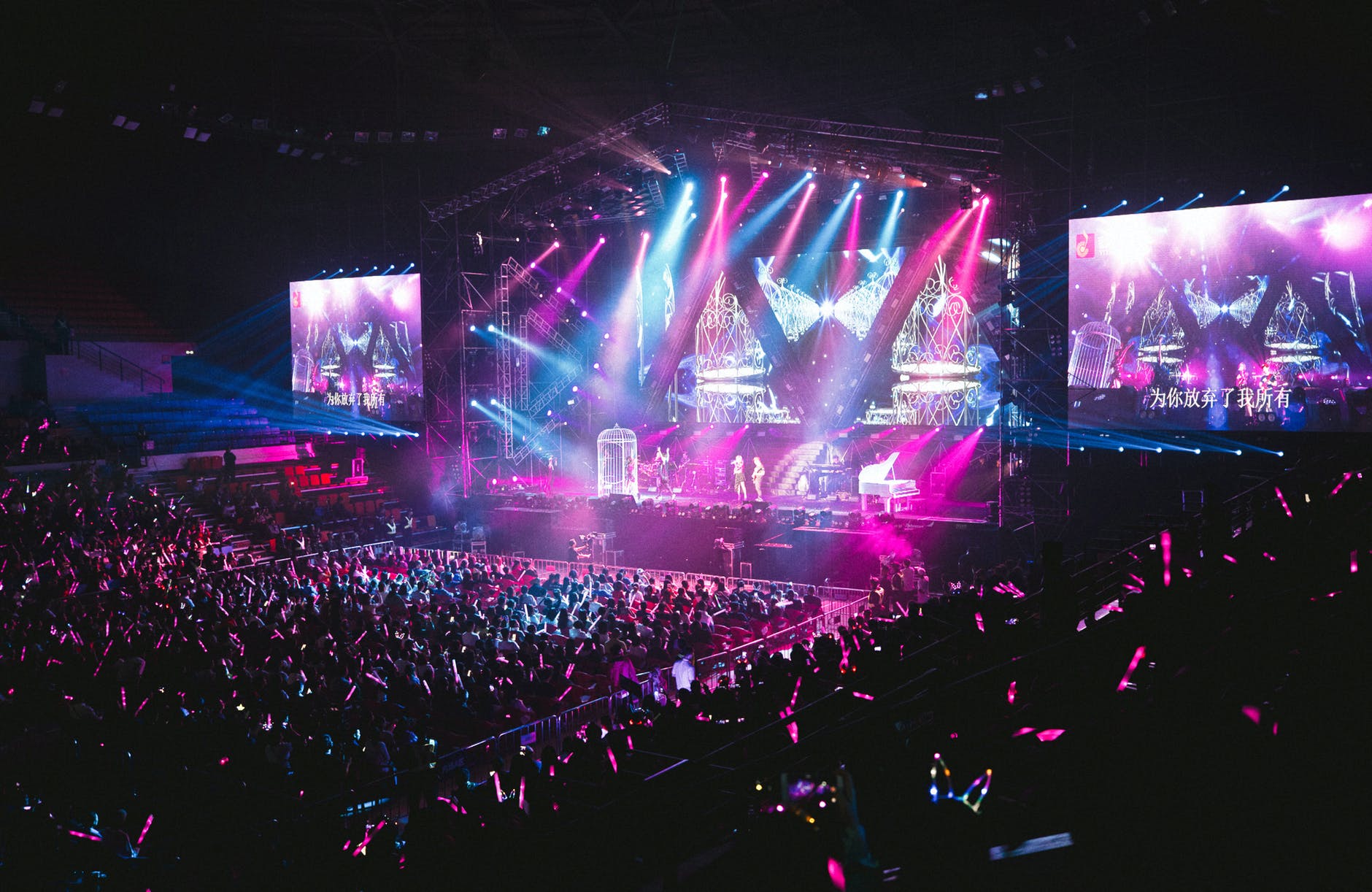In 2017, the Chinese room air conditioner industry experienced a transformative year, marked by significant policy developments, international collaboration, and environmental initiatives. This period was crucial for shaping the future of the sector, as it aligned with global efforts to reduce ozone-depleting substances and promote sustainable refrigerants.
The second phase of the HCFC (Hydrochlorofluorocarbon) phase-out management plan was officially launched in March 2017. Organized by the United Nations Industrial Development Organization, the Italian Ministry of Environment, the Chinese Environmental Protection Cooperation Center, and the China Household Electrical Appliances Association, the event took place in Shanghai. This initiative aimed to accelerate the elimination of HCFCs, with targets set to cut baseline levels by 20% by 2018 and 45% by 2020—far exceeding previous goals. As part of this transition, the industry began adopting R290, a hydrocarbon refrigerant known for its low environmental impact and ozone-friendly properties.
Industry standards such as QB/T 4975-2016 and QB/T 4976-2016 were implemented on April 1, 2017. These standards focused on the safe use and production of room air conditioners using flammable refrigerants, addressing critical gaps in safety protocols. They provided clear guidelines for manufacturers, ensuring safer production lines and product transportation, which supported the shift toward environmentally friendly refrigerants like R290.
An International Symposium on R290 Refrigerant Applications was held in Ningbo in April 2017. Organized by several international bodies, the event brought together experts from Southeast Asia and the Middle East. It highlighted China’s progress in adopting R290 and demonstrated the country’s capability in research, development, and manufacturing. The symposium reinforced confidence in the global adoption of eco-friendly alternatives.
In July 2017, the EU Fluoride Gas Act Countermeasures Seminar was hosted in Beijing. The seminar focused on the EU's strict regulations on fluorinated gases, which significantly impacted the Chinese market. With quotas for HFC imports being reduced over time, Chinese manufacturers faced increased challenges in exporting to Europe. This underscored the need for a shift toward low-carbon refrigerants like R290 to remain competitive.
The 30th anniversary of the Montreal Protocol was celebrated in September 2017. Leaders from China and international organizations emphasized the importance of the Kigali Amendment, which aims to reduce HFCs globally. China committed to accelerating the implementation of the amendment and promoting green technologies that are both ozone-friendly and climate-conscious.
In November 2017, an international exchange meeting on R22 alternative technology was held in Hefei. This conference, organized by multiple international agencies, showcased China’s leadership in promoting R290 as a viable replacement for R22. The event fostered global cooperation and strengthened China’s position in the global HVAC industry.
By November 2017, the Kigali Amendment had met the conditions for entry into force, set to take effect on January 1, 2019. The amendment requires developed countries to cut HFC consumption starting in 2019, while developing nations like China will freeze consumption in 2024 and begin reductions in 2029. This timeline presents both challenges and opportunities for Chinese manufacturers, emphasizing the need for early adaptation.
In recognition of its contributions, the Ministry of Environmental Protection and the China Household Electrical Appliances Association received several international awards at the Ozone Layer Protection Awards Ceremony in Montreal. These honors acknowledged their role in advancing global ozone protection and promoting sustainable refrigerant technologies.
Finally, progress was made in revising IEC international standards related to flammable refrigerants. China played a key role in these discussions, advocating for more realistic and science-based limits on refrigerant charges. This effort supports the broader goal of integrating environmentally friendly, low-carbon refrigerants like R290 into global standards.
Overall, 2017 was a pivotal year for the Chinese air conditioning industry, marked by strong policy support, international engagement, and a commitment to sustainability. The decisions made during this period laid the foundation for long-term growth and environmental responsibility.
The DMX console is the central controller for controlling all stage lights and special effects equipment. Almost all equipment needs to be connected to it, and users use it to issue control commands to all equipment. It can be controlled in real time, or the device can be programmed to display specific effects at a fixed time. Even with the stage equipment, the DMX console is also essential, just like there are more soldiers, the commander still needs to give orders to them. There are also many different types controllers to work for different quantity Stage Lights.

DMX Controller, DMX Consule
Guangzhou Cheng Wen Photoelectric Technology Co., Ltd. , https://www.cwdisplay.com
